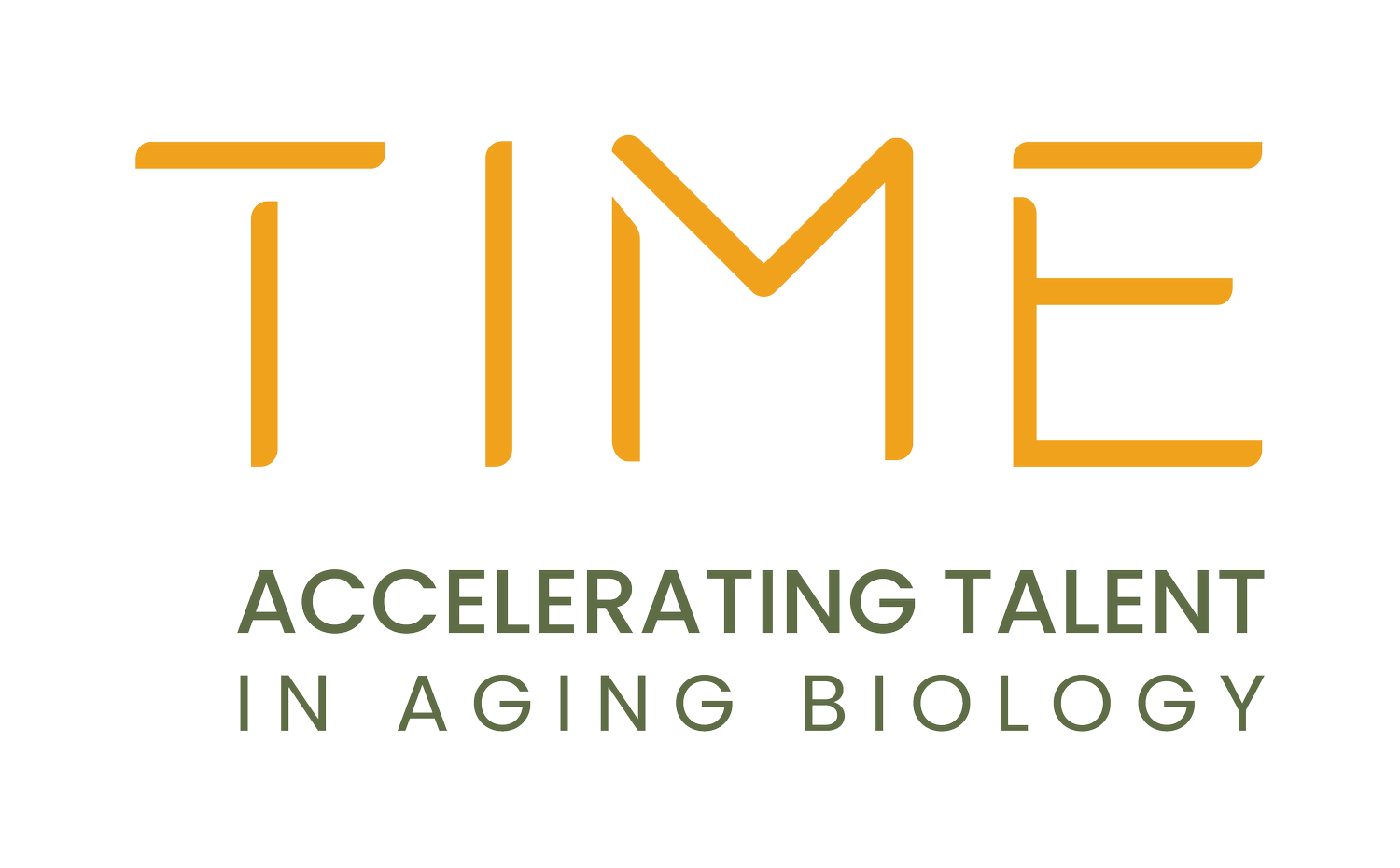Moments in TIME: Fellows Shaping the Future of Aging -Bryce Tiglon
Bryce Tiglon’s journey into aging biology is driven by a deep desire to understand one of life’s greatest mysteries: why we age and how we can better combat age-related diseases. Working across two major projects, Bryce is using proteomic data to study changes in the blood-brain barrier with age and investigating molecular patterns that reveal how aging progresses over time. His holistic approach could lead to transformative insights for the field. A recent intern in the Gladyshev Lab at Harvard Medical School and a chess grandmaster, Bryce brings both sharp analytical skills and a relentless curiosity to his work. Through the TIME Fellowship, he has found a supportive community and a platform to accelerate his impact on longevity research, setting his sights on future breakthroughs.
Courtney: Hi Bryce! I’m excited to chat today. Let’s dive right in—can you tell us about your current research focus?
Bryce: Right now, I am working on two projects (In Wyss-Coray Lab & Gladyshev Lab):
In the first one, I am using proteomic data to study how the blood brain barrier changes with age (especially in the context of neurodegenerative diseases like Alzheimer’s).
In a second one, I am examining molecular features for both short term and long term patterns — in an attempt to understand how aging progresses throughout one’s life.
I am particularly excited by the second (holistic) one, as it may give us broadly applicable insights into the biology of aging. However, I hope to learn something from both projects and ultimately improve our ability to combat age-related disease.
Courtney: That’s fascinating, especially the holistic angle! What milestones or achievements in your research journey are you most proud of?
Bryce: This summer, I interned in the Gladyshev Lab at Harvard Medical School. I am most proud of the shift towards independence in my research.
In my year as a TIME Fellow, I am also proud of becoming a chess grandmaster last winter.
Courtney: Congratulations on both fronts! It sounds like you’ve achieved so much already. What inspired you to pursue a career in aging biology?
Bryce: It’s a bit strange, but I actually remember the exact day quite well in which I experienced a cognitive shift and strong desire to study aging biology. It was in 2019. I remember where I was sitting (an office area), what everything in the room looked like etc. I am not quite sure why I hadn’t put the pieces together before — but on this day I remember thinking about the predictable nature of the human lifespan. It was so predictable! In all likelihood, nobody I knew would live to be 130; all of us would inevitably age and suffer age-related disease if we were lucky enough to get that far. My simple question was why? What were molecular determinants of longevity or lack thereof? At the time, I kind of accepted that the maximum human lifespan was 120 years — and just wanted to understand the scientific basis for this limit. When I realized that scientists don’t understand the biology of aging very well — I was shocked and knew I wanted to study aging. I quickly ordered many textbooks :)
Courtney: That’s an incredibly vivid and relatable turning point. What impact do you hope your work will have on the field?
Bryce: I hope my work will contribute to our understanding of aging — and will one day lead to therapeutic interventions that benefit many people.
Courtney: It sounds like you’re already making strides. What’s next for you in your scientific journey?
Bryce: II am at an early stage in my scientific career and I will look to apply for PhD programs in the future. I dream to one day have my own lab!
Courtney: That’s a great goal, and I have no doubt you’ll achieve it. Can you share what being part of the TIME Fellowship has meant for you?
Bryce: Simply put, I think that aging represents one of the greatest unsolved mysteries in biology. The field is very important to me and I think that work here promises to benefit an untold number of future humans.
The TIME Fellowship offers young people an incredible opportunity to engage with the longevity space, meet extremely talented peers, and kick start their journey into aging biology. I’ve met so many amazing people through the Time Fellowship and encourage anyone who is at all interested to please apply!




